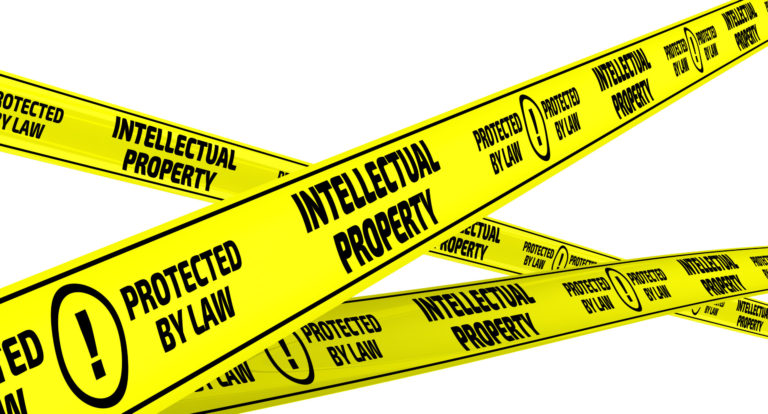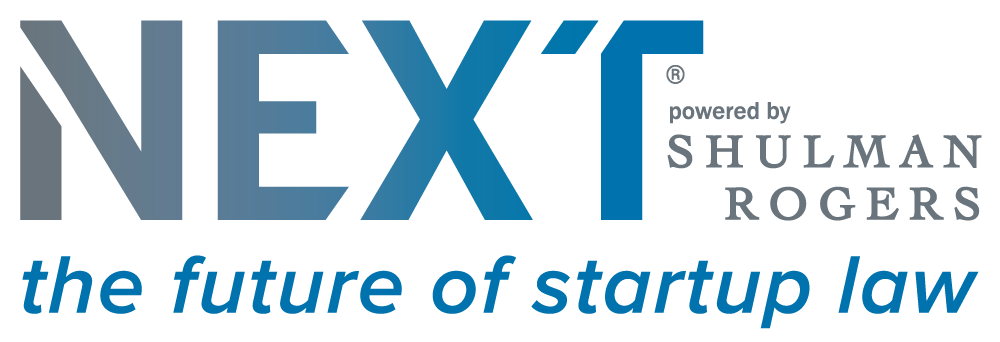The U.S. Patent Office issued 1,093 patents to Thomas Alva Edison, making him one of the most prolific inventors in U.S. history. Edison has admitted that he did not invent all 1,093 devices. The truth is that many of these inventions were created by his employees at Edison’s Menlo Park, N.J. “invention factory”. Edison, nonetheless, was shrewd enough to have every one of his employees sign a Proprietary Information and Inventions Assignment Agreement (a PIIAA).
What is a PIIAA Agreement and why is it so important?
Besides requiring that an employee maintain the confidentially of the employer’s non-public and proprietary information, a PIIA agreement says that an employee assigns to his or her employer any inventions created by the employee as part of his or her job. A PIIAA is not limited just to inventions created “on the job,” but can also cover any invention created by the employee on or off the job as long as such invention relates to the company’s business. A PIIAA typically further states that the employee designates the employer as the employee’s attorney-in-fact to file patent applications on behalf of the inventor.
Many people have heard of the “work made for hire” doctrine. Section 101 of the U.S. Copyright Act says that if a work subject to copyright is created by an employee as part of his or her job, then the copyrights in that work automatically vest with the employer, not the employee. The U.S. Patent Act, however, does not recognize the “work made for hire” doctrine. Every patentable invention is owned by the person who invented the device, even if the inventor is an employee hired to create inventions as part of his or her job.
This rule may be modified, however, by agreement (such as a PIIA). Any company that hires employees to create inventions and other patentable devices should consider taking a page from Edison and have employees sign PIIA agreements. That way the company will be the owner of the patents in the technology it is paying its employees to create. Besides employees, it is often prudent for a company to have all of its advisors, consultants, and contractors also enter into PIIAAs.
What happens if a company does not have its employees sign PIIAAs?
Failure to have employees sign PIIAAs can negatively impact a company’s ability to raise capital. It is common for seed round or institutional VC round investors to require the company to have its employees execute PIIAAs. Investors want to make sure all of the company’s intellectual property is owned by the company. If this has not already been done, having current employees sign such agreements is not as easy as it sounds. Typically, the company will have to give the employee some type of consideration in exchange for the employee signing a PIIAA if one was not executed when the employee joined the company. Some states accept continued employment as sufficient consideration. But some states do not. In those states, or in situations where the employee is reluctant to sign, companies may be forced to give raises or other benefits to current employees in return for them signing PIIAAs.
PIIAA Agreements can be critical to your company’s success. Make sure you seek legal guidance and fully understand its protections.
For more information, contact Shulman Rogers Shareholder Eric Von Vorys.



